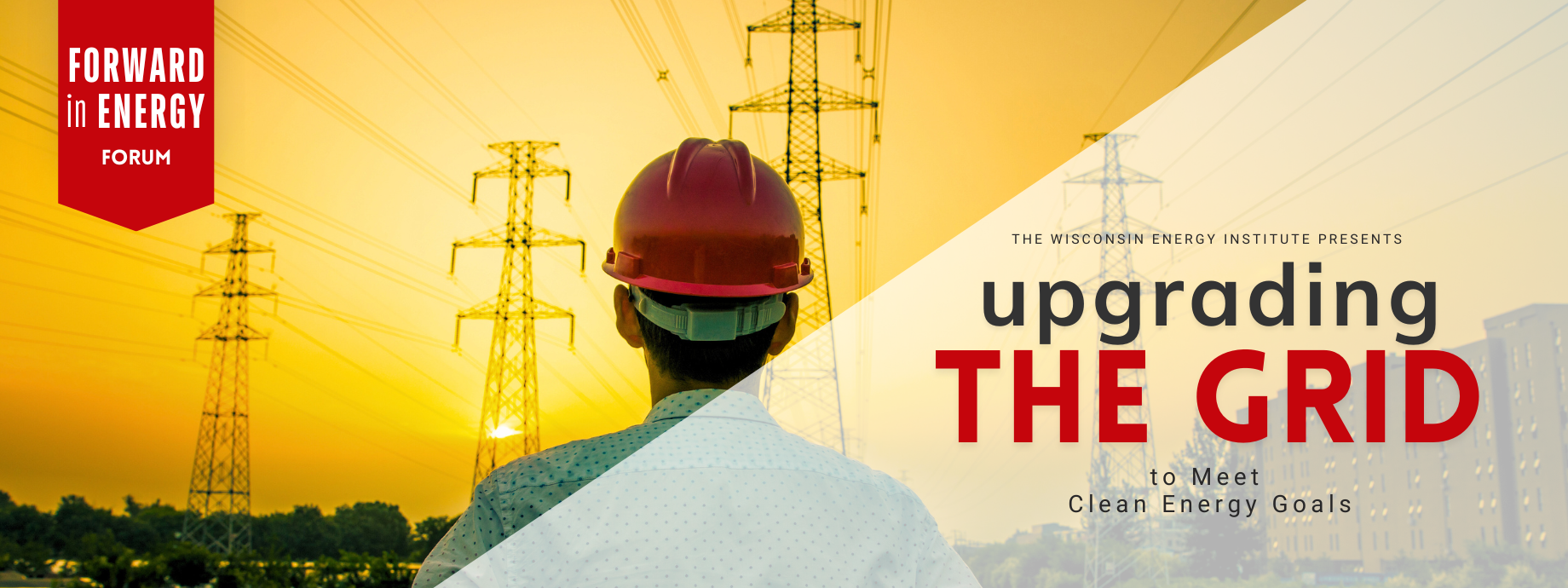
To meet growing demand for electricity and maximize use of renewable energy, today’s power grid will need to be expanded and upgraded. Options include building new power lines, new grid-enhancing technologies, and management strategies to coordinate how electricity moves around and when customers use it. Join us on Tuesday, Dec. 3 as a panel of experts explores the possibilities and the barriers of these options and to what extent they can address societal goals for clean, affordable, and reliable power.
The event will take place on Tuesday, December 3 at 4:30 p.m. CT virtually via Zoom Webinar. Registration is required.
The University of Wisconsin-Madison is a barrier free campus and is committed to providing equal opportunity for participation in all programs, services, and activities. If you need an accommodation for this event please let us know by emailing outreach@energy.wisc.edu or calling 608-890-0946. Requests made with less than 3 weeks’ notice will be honored when possible.
Moderator
Sofia Taylor, PhD Candidate, UW Madison Electrical Engineering
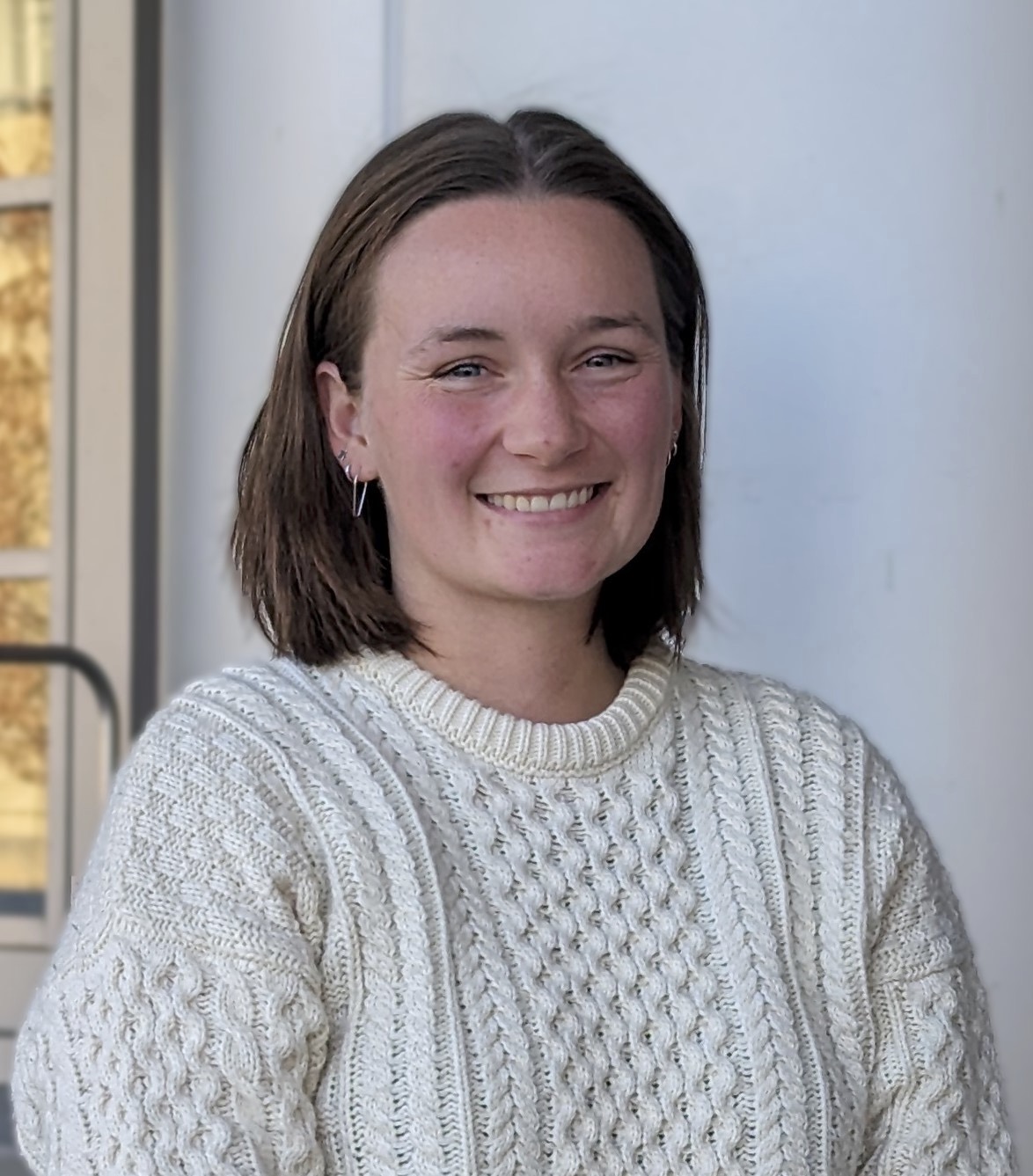 Sofia Taylor is currently a Ph.D. candidate in Electrical Engineering at UW-Madison. In her research, she studies optimal electric grid hardening to mitigate the risk of wildfire ignitions from power equipment while equitably serving available power to customers. She also co-developed the California Test System, which is a large-scale and realistic but synthetic grid model that is geographically accurate to the actual transmission infrastructure in California. Sofia received a BS in Electrical Engineering from North Carolina State University in May 2020.
Sofia Taylor is currently a Ph.D. candidate in Electrical Engineering at UW-Madison. In her research, she studies optimal electric grid hardening to mitigate the risk of wildfire ignitions from power equipment while equitably serving available power to customers. She also co-developed the California Test System, which is a large-scale and realistic but synthetic grid model that is geographically accurate to the actual transmission infrastructure in California. Sofia received a BS in Electrical Engineering from North Carolina State University in May 2020.
Panelists
Hilary Brown, Manager of Energy Transport and Delivery Modeling, Xcel Energy
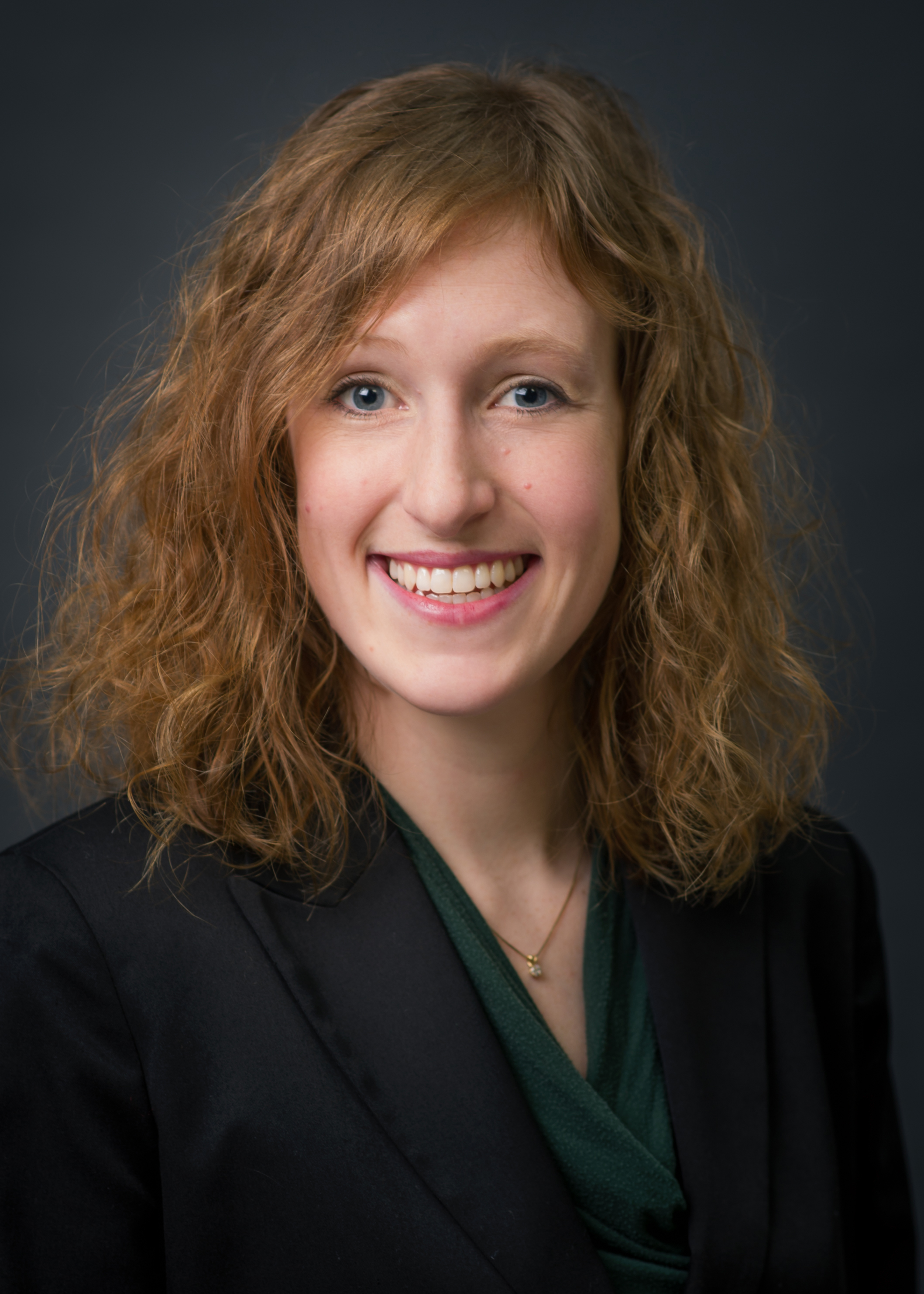 Dr. Hilary Brown has been a Manager of Energy Transport and Delivery Modeling at Xcel Energy since the spring of 2024. Her team is a part of the Integrated System Planning group, studying transmission needs for the future. Dr. Brown received her B.Sc. in Engineering Physics and M.Sc. from the Colorado School of Mines. After graduating, Dr. Brown worked as an electrical engineer for Burns and McDonnell with a focus on substation protection and control. After Dr. Brown received her PhD from University of Wisconsin-Madison in 2017, she began working at MISO as a System Planning Engineer, with a focus on evaluating transmission system performance. In 2019, Dr. Brown became a Policy Studies Engineer and worked on projects evaluating the performance of utility plans and the impacts of electrification on the bulk power system. Before ending her time at MISO, she worked in the MISO Control Room as a Forward Reliability engineer, performing next-day and two-day studies of transmission system performance.
Dr. Hilary Brown has been a Manager of Energy Transport and Delivery Modeling at Xcel Energy since the spring of 2024. Her team is a part of the Integrated System Planning group, studying transmission needs for the future. Dr. Brown received her B.Sc. in Engineering Physics and M.Sc. from the Colorado School of Mines. After graduating, Dr. Brown worked as an electrical engineer for Burns and McDonnell with a focus on substation protection and control. After Dr. Brown received her PhD from University of Wisconsin-Madison in 2017, she began working at MISO as a System Planning Engineer, with a focus on evaluating transmission system performance. In 2019, Dr. Brown became a Policy Studies Engineer and worked on projects evaluating the performance of utility plans and the impacts of electrification on the bulk power system. Before ending her time at MISO, she worked in the MISO Control Room as a Forward Reliability engineer, performing next-day and two-day studies of transmission system performance.
Jarrad Wright, Researcher IV-Model Engineering, Grid Planning and Analysis Center, NREL
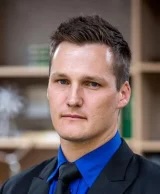 Jarrad Wright predominantly works in improving the understanding of power system integration across generation, transmission, and distribution. This is undertaken by applying advanced modelling and simulation tools to optimally plan for, design, and analyze transmission, distribution, and bulk power systems to push the boundaries of innovation, integrated analysis, and computational tool development. He has extensive energy sector experience in 11 African countries predominantly involved energy systems operations and planning, sector-coupling, system stability, network planning, resource forecasting, storage and enabling market arrangements. He has led or participated in a number of high-profile transmission studies including the recently published National Transmission Planning Study. Jarrad has a Bachelors, Masters, and PhD in Electrical Engineering from the University of the Witwatersrand.
Jarrad Wright predominantly works in improving the understanding of power system integration across generation, transmission, and distribution. This is undertaken by applying advanced modelling and simulation tools to optimally plan for, design, and analyze transmission, distribution, and bulk power systems to push the boundaries of innovation, integrated analysis, and computational tool development. He has extensive energy sector experience in 11 African countries predominantly involved energy systems operations and planning, sector-coupling, system stability, network planning, resource forecasting, storage and enabling market arrangements. He has led or participated in a number of high-profile transmission studies including the recently published National Transmission Planning Study. Jarrad has a Bachelors, Masters, and PhD in Electrical Engineering from the University of the Witwatersrand.
Line Roald, Associate Professor, Grainger Institute Fellow, Electrical and Computer Engineering, UW-Madison
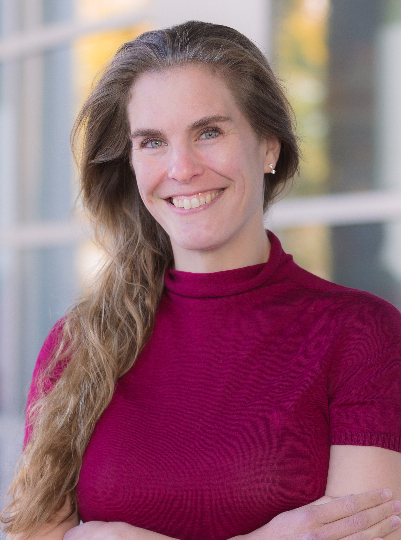 Line Roald's research focuses on modeling and optimization of energy systems to ensure reliable grid operations as renewable sources such as solar and wind replace traditional forms of generation such as coal and nuclear. Her group is developing mathematical tools and software implementations to model and optimize system operation and energy markets, while taking into account the impact of uncertain events such as variations in renewable energy production, component failures and large-scale outages.
Line Roald's research focuses on modeling and optimization of energy systems to ensure reliable grid operations as renewable sources such as solar and wind replace traditional forms of generation such as coal and nuclear. Her group is developing mathematical tools and software implementations to model and optimize system operation and energy markets, while taking into account the impact of uncertain events such as variations in renewable energy production, component failures and large-scale outages.
Tricia DeBleeckere, Executive Director, Organization of MISO States
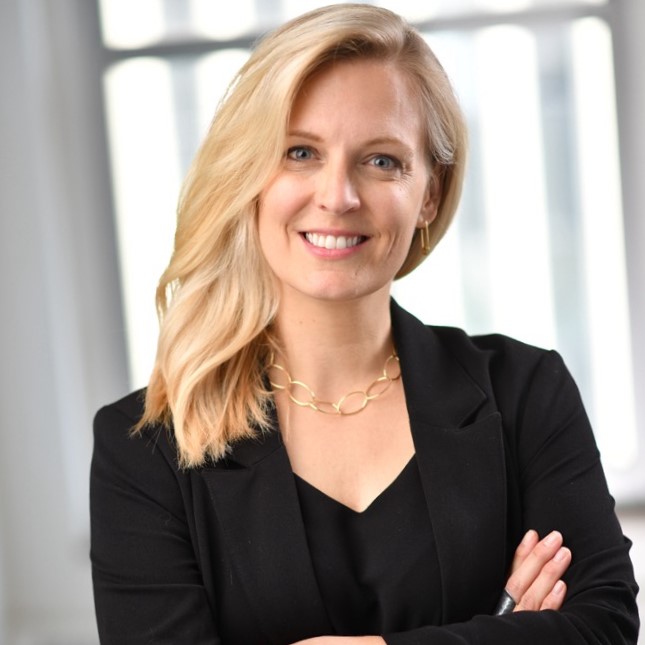 Tricia DeBleeckere began working with the Organization of MISO States in May 2024 following her role with MISO as the Director of State Policy and Strategy. Prior to MISO, Tricia worked for the Minnesota Public Utilities Commission for 15-years as a Commission advisor and analyst on integrated resource, transmission and distribution system planning, facility siting and need, cost recovery, and competitive procurements. Prior to government work, Tricia spent 7-years consulting on FERC and state regulatory filings for natural gas, ethanol, and manufacturing clients. Tricia has a Bachelor of Science from the University of Minnesota and is pursuing a Master of Business Administration from the University of Texas Permian Basin.
Tricia DeBleeckere began working with the Organization of MISO States in May 2024 following her role with MISO as the Director of State Policy and Strategy. Prior to MISO, Tricia worked for the Minnesota Public Utilities Commission for 15-years as a Commission advisor and analyst on integrated resource, transmission and distribution system planning, facility siting and need, cost recovery, and competitive procurements. Prior to government work, Tricia spent 7-years consulting on FERC and state regulatory filings for natural gas, ethanol, and manufacturing clients. Tricia has a Bachelor of Science from the University of Minnesota and is pursuing a Master of Business Administration from the University of Texas Permian Basin.
